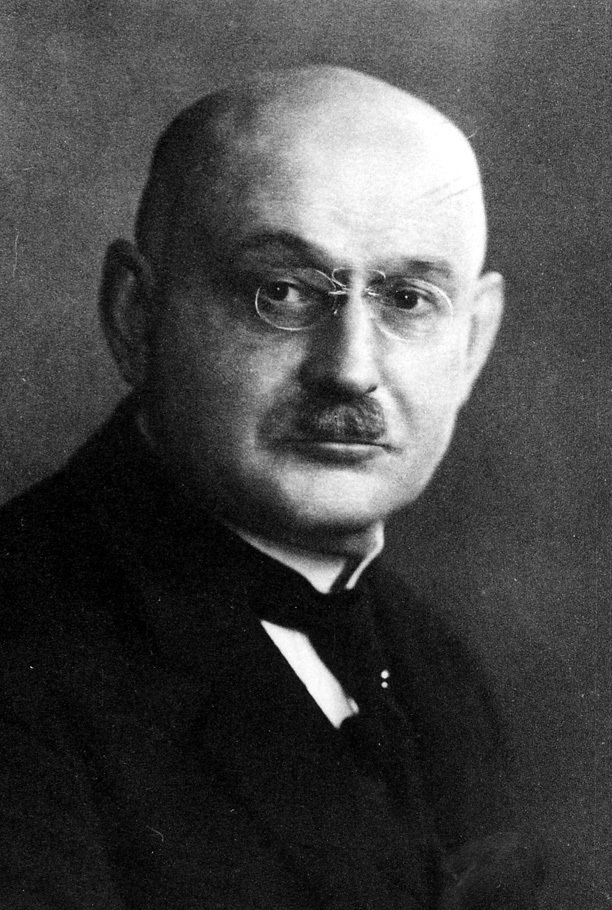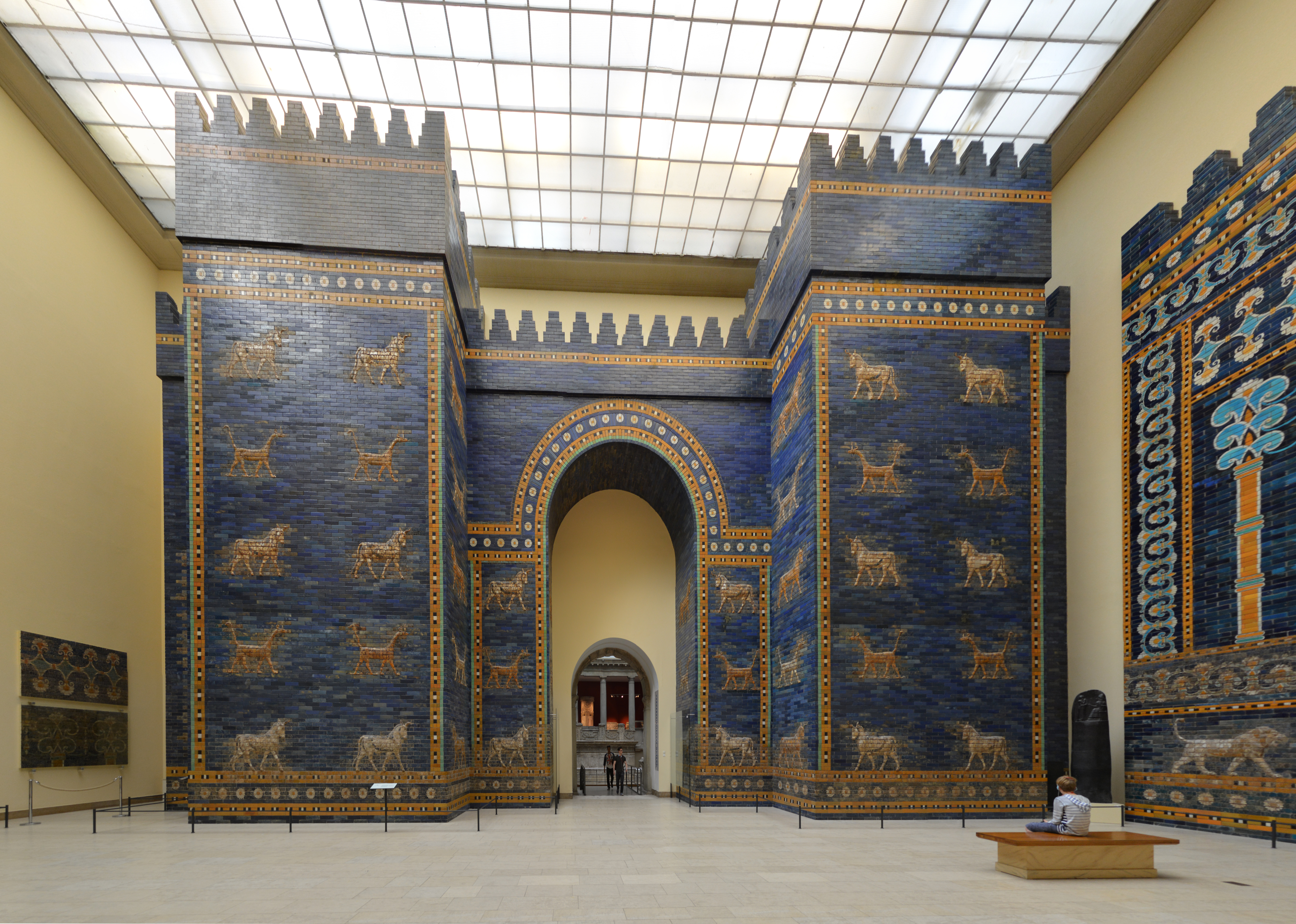|
Reallexikon Der Assyriologie Und Vorderasiatischen Archäologie
The ''Reallexikon der Assyriologie und Vorderasiatischen Archäologie'' (RlA), formerly ''Reallexikon der Assyriologie'', is a multi-language (English, German, and French) encyclopedia on the Ancient Near East. It was founded by Bruno Meissner in 1922, reformed in 1966 by editor Ruth Opificius and publisher Wolfram von Soden. From 1972 to 2004 edited by Dietz-Otto Edzard, since 2005 by Michael P. Streck. A team of 585 different authors of many countries have been involved in the project and a total of 15 volumes of which the last was published in 2018. To be distinguished from the ''Akkadisches Handwörterbuch'' (AHw).Akkadisches Handworterbuch; Unter Benutzung des lexikalischen Nachlasses von Bruno Meissner (1868–1947) (German Edition) (9783447014717). References External links Reallexikon der Assyriologie und Vorderasiatischen Archäologie (online) Assyriology German encyclopedias German-language encyclopedias 20th-century encyclopedias {{archaeology-book-stub ... [...More Info...] [...Related Items...] OR: [Wikipedia] [Google] [Baidu] |
Encyclopedia
An encyclopedia (American English) or encyclopædia (British English) is a reference work or compendium providing summaries of knowledge either general or special to a particular field or discipline. Encyclopedias are divided into articles or entries that are arranged alphabetically by article name or by thematic categories, or else are hyperlinked and searchable. Encyclopedia entries are longer and more detailed than those in most dictionaries. Generally speaking, encyclopedia articles focus on '' factual information'' concerning the subject named in the article's title; this is unlike dictionary entries, which focus on linguistic information about words, such as their etymology, meaning, pronunciation, use, and grammatical forms.Béjoint, Henri (2000)''Modern Lexicography'', pp. 30–31. Oxford University Press. Encyclopedias have existed for around 2,000 years and have evolved considerably during that time as regards language (written in a major international or a verna ... [...More Info...] [...Related Items...] OR: [Wikipedia] [Google] [Baidu] |
Ancient Near East
The ancient Near East was the home of early civilizations within a region roughly corresponding to the modern Middle East: Mesopotamia (modern Iraq, southeast Turkey, southwest Iran and northeastern Syria), ancient Egypt, ancient Iran ( Elam, Media, Parthia and Persis), Anatolia/Asia Minor and the Armenian highlands (Turkey's Eastern Anatolia Region, Armenia, northwestern Iran, southern Georgia, and western Azerbaijan), the Levant (modern Syria, Lebanon, Israel, Palestine, and Jordan), Cyprus and the Arabian Peninsula. The ancient Near East is studied in the fields of Ancient Near East studies, Near Eastern archaeology and ancient history. The history of the ancient Near East begins with the rise of Sumer in the 4th millennium BC, though the date it ends varies. The term covers the Bronze Age and the Iron Age in the region, until either the conquest by the Achaemenid Empire in the 6th century BC, that by the Macedonian Empire in the 4th century BC, or the Muslim conquest ... [...More Info...] [...Related Items...] OR: [Wikipedia] [Google] [Baidu] |
Bruno Meissner
Bruno Meissner also Bruno Meißner (25 April 1868, in Graudenz – 13 March 1947, in Zeuthen) was a German assyriologist.Erika Bleibtreu, Johannes Boese and Barthel Hrouda: ''Orientalistenleben. Kurzbiografien von E. F. Weidner, B. Meissner, E. Unger und F. Hommel'', In: ''Alter Orient aktuell'' 8 (2007), S. 26f. From 1904 to 1921 Meissner was professor at the University of Breslau, then from 1921 professor of assyriology at the University of Berlin. His main work on Babylonian and Assyrian cuneiform Cuneiform is a logo-syllabic script that was used to write several languages of the Ancient Middle East. The script was in active use from the early Bronze Age until the beginning of the Common Era. It is named for the characteristic wedge-sh ... texts appeared in 1920 and 1925 in two volumes. He also authored a major text with Dietrich Opitz on the palace of Nineveh. He originated the '' Reallexikon der Assyriologie'' and papers from his legacy form a large part of Wo ... [...More Info...] [...Related Items...] OR: [Wikipedia] [Google] [Baidu] |
Ruth Opificius
Ruth (or its variants) may refer to: Places France * Château de Ruthie, castle in the commune of Aussurucq in the Pyrénées-Atlantiques département of France Switzerland * Ruth, a hamlet in Cologny United States * Ruth, Alabama * Ruth, Arkansas * Ruth, California * Ruth, Louisiana * Ruth, Pulaski County, Kentucky * Ruth, Michigan * Ruth, Mississippi * Ruth, Nevada * Ruth, North Carolina * Ruth, Virginia * Ruth, Washington * Ruth, West Virginia In space * Ruth (lunar crater), crater on the Moon * Ruth (Venusian crater), crater on Venus * 798 Ruth, asteroid People * Ruth (biblical figure) * Ruth (given name) contains list of namesakes including fictional * Princess Ruth or Keʻelikōlani, (1826–1883), Hawaiian princess Surname * A. S. Ruth, American politician * Babe Ruth (1895–1948), American baseball player * Connie Ruth, American politician * Earl B. Ruth (1916–1989), American politician * Elizabeth Ruth, Canadian novelist * Kristin Ruth, American judge * Nancy ... [...More Info...] [...Related Items...] OR: [Wikipedia] [Google] [Baidu] |
Dietz-Otto Edzard
Dietz-Otto Edzard (28 August 1930 in Bremen – 2 June 2004 in Munich) was a German scholar of the Ancient Near East and grammarian of the Sumerian language. He was elected a foreign member of the Royal Netherlands Academy of Arts and Sciences in 1976 and an International member of the American Philosophical Society in 1996. Works * ''Sumerian Grammar'' 2003 * ''Geschichte Mesopotamiens: Von den Sumerern bis zu Alexander dem Großen'' 2004 * ''Gudea Gudea ( Sumerian: , ''Gu3-de2-a'') was a ruler ('' ensi'') of the state of Lagash in Southern Mesopotamia, who ruled circa 2080–2060 BC ( short chronology) or 2144-2124 BC (middle chronology). He probably did not come from the city, but had marr ... and His Dynasty'' (Royal Inscriptions of Mesopotamia Early Periods) 1997 * ''"Gilgames und Huwawa" : Zwei Versionen der sumerischen Zedernwaldepisode nebst einer Edition von Version " B "'' 1993 * ''Die Orts- und Gewässernamen der präsargonischen und sargonischen Zeit'' (Beihefte ... [...More Info...] [...Related Items...] OR: [Wikipedia] [Google] [Baidu] |
Michael P
Michael may refer to: People * Michael (given name), a given name * Michael (surname), including a list of people with the surname Michael Given name "Michael" * Michael (archangel), ''first'' of God's archangels in the Jewish, Christian and Islamic religions * Michael (bishop elect), English 13th-century Bishop of Hereford elect * Michael (Khoroshy) (1885–1977), cleric of the Ukrainian Orthodox Church of Canada * Michael Donnellan (1915–1985), Irish-born London fashion designer, often referred to simply as "Michael" * Michael (footballer, born 1982), Brazilian footballer * Michael (footballer, born 1983), Brazilian footballer * Michael (footballer, born 1993), Brazilian footballer * Michael (footballer, born February 1996), Brazilian footballer * Michael (footballer, born March 1996), Brazilian footballer * Michael (footballer, born 1999), Brazilian footballer Rulers =Byzantine emperors= *Michael I Rangabe (d. 844), married the daughter of Emperor Nikephoros I * M ... [...More Info...] [...Related Items...] OR: [Wikipedia] [Google] [Baidu] |
Akkadisches Handwörterbuch
The ''Akkadisches Handwörterbuch'' (full title ''Akkadisches Handwörterbuch: unter Benutzung des lexikalischen Nachlasses von Bruno Meissner (1868-1947)'') is a German lexicon of Akkadian language by Wolfram von Soden, often abbreviated as "AHw." This book is a standard work for study of the Ancient Near East. It complements the '' Reallexikon der Assyriologie'', or ''RLA'' (which is an encyclopedia rather than a lexicon, with entries on Assyriological topics rather than on Akkadian words), founded by Bruno Meissner and reformed in 1966 by editor Ruth Opificius and publisher Wolfram von Soden. AHw was partially based on the lexicographical work (the lexical "Nachlass") of Bruno Meissner, including a manuscript covering about the first half of the letters, and was published in installments from 1959 to 1981. The lexicon was originally intended to be published in only two volumes, but the amount of material ended up necessitating a third. The final product, published by Harrass ... [...More Info...] [...Related Items...] OR: [Wikipedia] [Google] [Baidu] |
Assyriology
Assyriology (from Greek , ''Assyriā''; and , '' -logia'') is the archaeological, anthropological, and linguistic study of Assyria and the rest of ancient Mesopotamia (a region that encompassed what is now modern Iraq, northeastern Syria, southeastern Turkey, and northwestern and southwestern Iran) and of the related cultures that used cuneiform writing. The field covers Sumer, the early Sumero-Akkadian city-states, the Akkadian Empire, Ebla, the Akkadian and Imperial Aramaic speaking states of Assyria, Babylonia and the Sealand Dynasty, the migrant foreign dynasties of southern Mesopotamia, including the Gutians, Amorites, Kassites, Arameans, Suteans and Chaldeans. The large number of cuneiform clay tablets preserved by these Sumero-Akkadian and Assyro-Babylonian cultures provide an extremely large resource for the study of the period. The region's (and indeed the world's) first cities and city-states like Ur are archaeologically invaluable for studying the growth of urbaniza ... [...More Info...] [...Related Items...] OR: [Wikipedia] [Google] [Baidu] |
German Encyclopedias
German(s) may refer to: * Germany (of or related to) **Germania (historical use) * Germans, citizens of Germany, people of German ancestry, or native speakers of the German language ** For citizens of Germany, see also German nationality law **Germanic peoples (Roman times) * German language **any of the Germanic languages * German cuisine, traditional foods of Germany People * German (given name) * German (surname) * Germán, a Spanish name Places * German (parish), Isle of Man * German, Albania, or Gërmej * German, Bulgaria * German, Iran * German, North Macedonia * German, New York, U.S. * Agios Germanos, Greece Other uses * German (mythology), a South Slavic mythological being * Germans (band), a Canadian rock band * "German" (song), a 2019 song by No Money Enterprise * ''The German'', a 2008 short film * "The Germans", an episode of ''Fawlty Towers'' * ''The German'', a nickname for Congolese rebel André Kisase Ngandu See also * Germanic (other) * Germa ... [...More Info...] [...Related Items...] OR: [Wikipedia] [Google] [Baidu] |
German-language Encyclopedias
German ( ) is a West Germanic language mainly spoken in Central Europe. It is the most widely spoken and official or co-official language in Germany, Austria, Switzerland, Liechtenstein, and the Italian province of South Tyrol. It is also a co-official language of Luxembourg and Belgium, as well as a national language in Namibia. Outside Germany, it is also spoken by German communities in France (Bas-Rhin), Czech Republic (North Bohemia), Poland (Upper Silesia), Slovakia (Bratislava Region), and Hungary (Sopron). German is most similar to other languages within the West Germanic language branch, including Afrikaans, Dutch, English, the Frisian languages, Low German, Luxembourgish, Scots, and Yiddish. It also contains close similarities in vocabulary to some languages in the North Germanic group, such as Danish, Norwegian, and Swedish. German is the second most widely spoken Germanic language after English, which is also a West Germanic language. German is one of the major ... [...More Info...] [...Related Items...] OR: [Wikipedia] [Google] [Baidu] |




